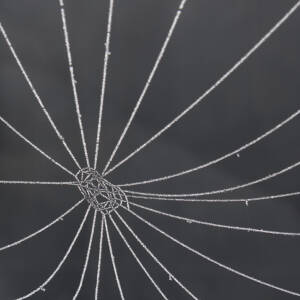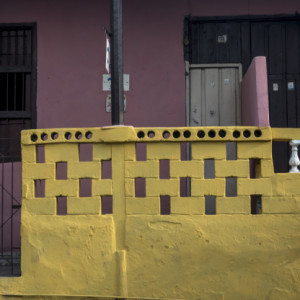Watching, listening
We took a bicycle taxi to get ourselves and our luggage to the bus station. It was flat pedalling most of the way but when we got to the bottom of a slope and saw the sweat of our driver’s effort we suggested walking up while he pedalled our bags. Absolutely not. Out of the question. So we sat, feeling uncomfortably like members of the raj while he maintained the dignity of his strength.
On the bus to Santiago we got talking to Bernardo, back for a holiday from his work at Toronto University where he lectures in Caribbean Studies, specialising in Cuban music and religions. What a great person to meet on a long bus ride to the music capital of Cuba! He told us about Carnival and theatre and answered our questions about Santería, a still-practised religion that developed among West African slaves which weaves Yoruba beliefs and traditions with strands of Spanish colonial Catholicism. We asked him the question we want to ask everyone: How is Cuba now and how do you see its future? Bernardo was optimistic. If Cuba organises its agriculture more efficiently so as to feed wealthy tourists in increasing numbers, and if more of them can be coaxed out of the palm-fringed resorts so that they understand the real Cuba…
At the bus station I watched an emaciated man rummaging in a bin for leftover food. Pay in Cuba is low. Not everyone has a job. The food rations are not enough to last all week…
In the centre of Santiago I was taken aback by the intimacy of Parque Céspedes where, after coming down from the revolution’s guerrilla headquarters in the Sierra Maestra, Fidel Castro made his triumphant January 1959 speech from the blue and white town hall balcony. Opposite is a small cathedral and another side is taken up with Cuba’s oldest remaining residential building. It’s now a museum, strikingly Andalucian, whose director was keen to tell us about its history and colonial furniture and to show us the curious corner where a furnace for smelting gold was built before the Spanish realised that there was very little of it in Cuba.
The town was full of music spilling into the streets from dilapidated buildings painted in pastels with attitude. We listened, we looked and finally, footsore, we took up the museum director’s earlier recommendation of a restaurant with fabulous Cuban food. To our surprise he greeted us on our way in. He smelt strongly of rum and the restaurant smelt strongly of cooking oil. We realised we were about to have a Cuban experience but not necessarily the best food Cuba has to offer. By the time he told us we could ask any three questions we liked about Cuba, his earlier erudition had been replaced by garrulous repetition. In summary: Cuba’s future is bright but his wife was going to kill him for getting home late again.
We escaped to La Trova, a small room open to the street with seats, waiters to bring beer, a stage, and superb musicians. It’s on the tourist trail and some of the audience looked like they were there only because the guide book said so. Hard work for the musicians who were grateful for almost any audience reaction but slowly the room filled up with others who seemed actually to like music. We watched a very talented guitarist guide a very talented trumpeter who appeared to be standing in for someone else for the evening. Admirable skill from both leader and follower.


Comments
Sign in or get an account to comment.


